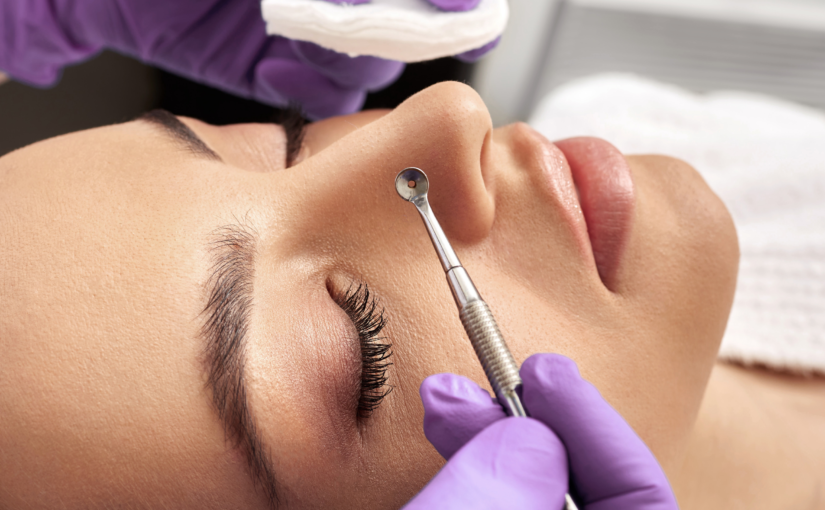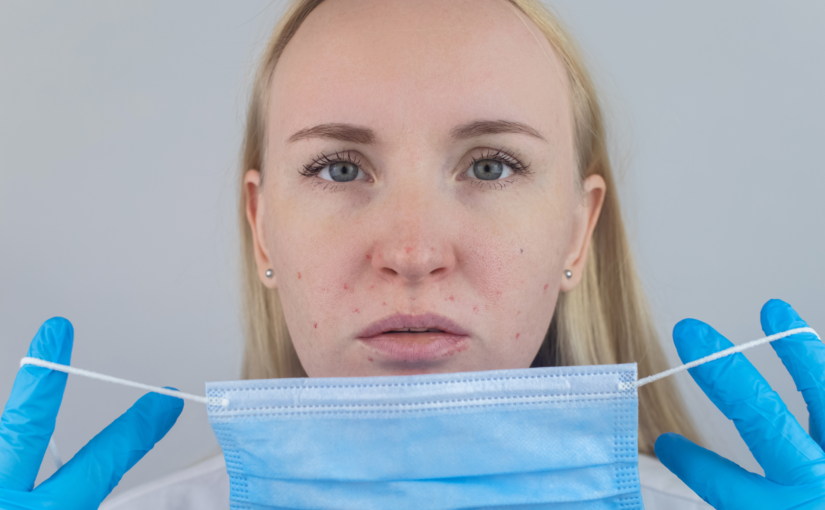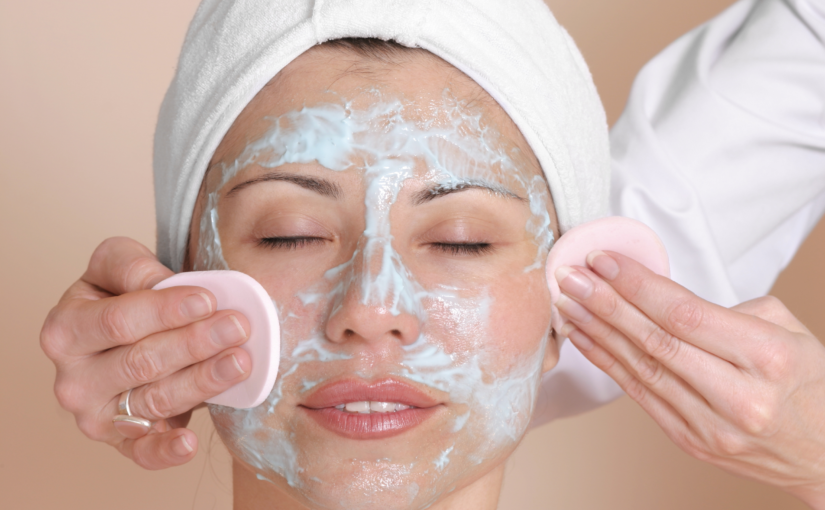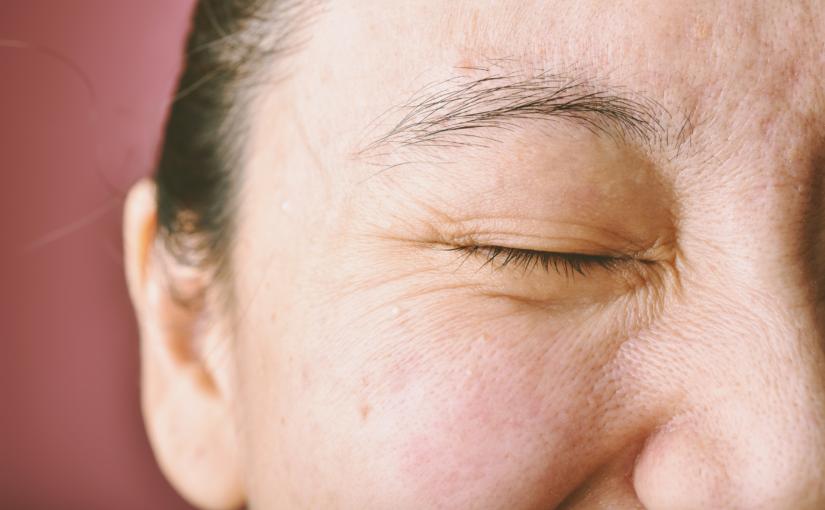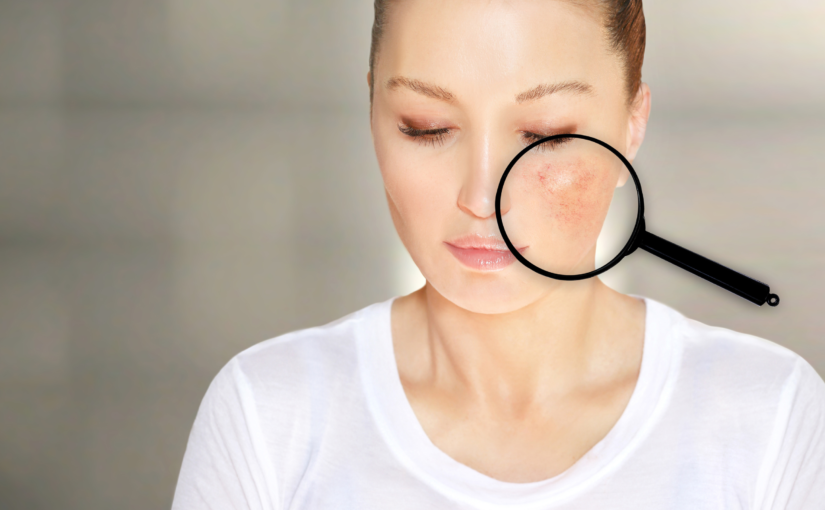In our fast-paced world, stress has become an unavoidable part of daily life for many of us. From work pressures to personal challenges, stress can take a toll not just on our mental well-being but also on our skin.
Our founder Rebecca Elsdon recently contributed to an article in a leading industry magazine Professional Beauty, on the connection of stress and stress related skin conditions. Read here.
Understanding how stress affects the skin is crucial for maintaining healthy, glowing skin and overall well-being.
Here are several ways in which stress can affect the skin:
1. Increased Sensitivity and Irritation: Stress triggers the release of cortisol and other stress hormones, which can make the skin more reactive and sensitive. This can lead to increased redness, irritation, and discomfort.
2. Acne Breakouts: Stress can exacerbate acne by stimulating the production of sebum (skin oil) and inflammation. This can result in more frequent and severe breakouts, especially for individuals prone to acne.
3. Accelerated Ageing: Chronic stress can accelerate the ageing process of the skin. It can lead to the breakdown of collagen and elastin, which are essential for skin elasticity and firmness. This may result in wrinkles, fine lines, and sagging skin appearing earlier.
4. Impaired Skin Barrier Function: Stress can compromise the skin’s natural barrier function, making it more susceptible to moisture loss and environmental irritants. This can lead to dryness, flakiness, and a weakened ability to protect against pollutants and pathogens.
5. Delayed Wound Healing: Stress can interfere with the body’s ability to heal wounds and skin injuries efficiently. This can manifest as slower recovery from cuts, bruises, or other skin trauma.
6. Skin Conditions Flare-ups: For individuals with existing skin conditions like eczema, psoriasis, or rosacea, stress can trigger flare-ups or worsen existing symptoms due to immune system deregulation and increased inflammation.
7. Hair and Nail Problems: Stress can also impact hair and nails. It may lead to hair loss, thinning, or dullness, as well as brittle nails.
Managing stress through relaxation techniques, regular exercise, adequate sleep, and a balanced diet can help mitigate its impact on the skin. Additionally, establishing a skincare routine that includes gentle products suitable for sensitive or stressed skin can provide relief and support skin health during stressful periods.
The impact that stress can have on health and appearance is significant. By managing stress effectively through lifestyle changes and self care practices, we can safeguard our skins health and radiance.
Remember taking care of your metal wellbeing is just as important as caring for your skin. It’s an holistic approach that benefits both body and mind.
So, next time you feel stressed, prioritise self-care and give your skin the love and attention it deserves!
If you are ready to give your skin some love, then why not book in a consultation to start your skincare-selfcare journey. On Saturday 18th May we are holding a Skin Discovery Day where we are offering complimentary mini consultations. Book here
Read the Professional Beauty article here

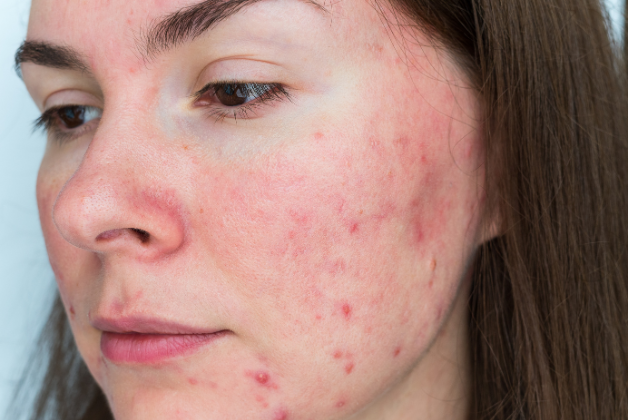
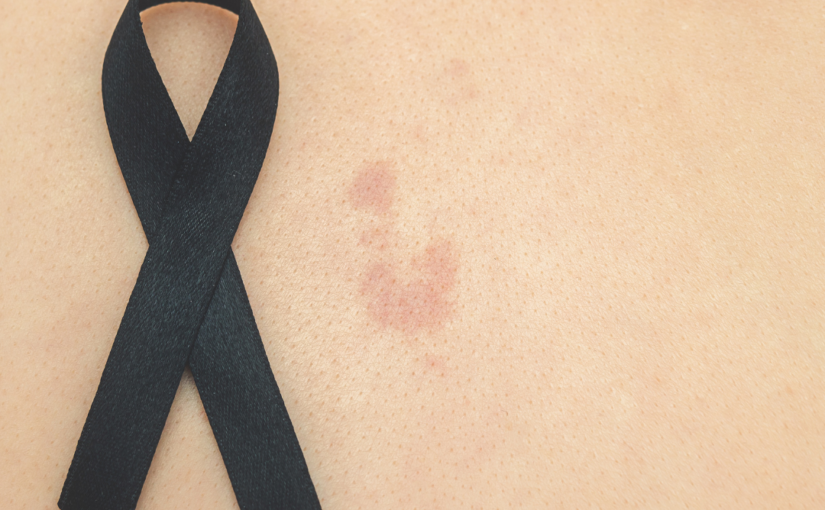
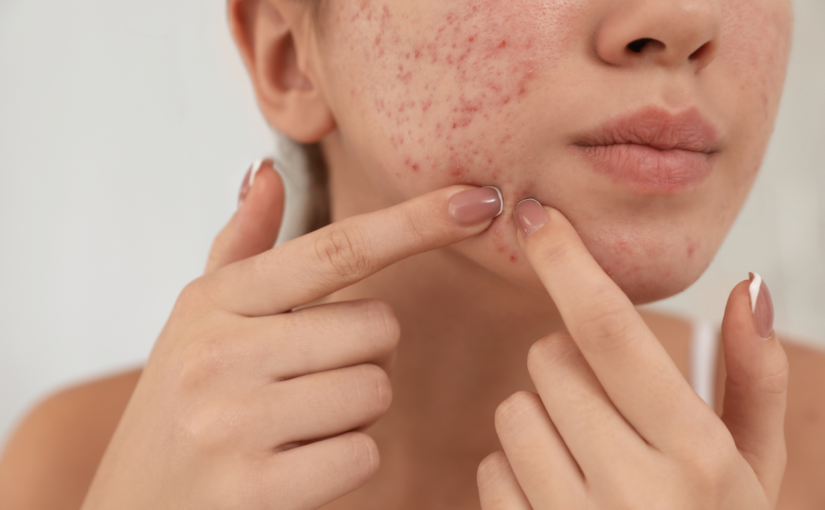

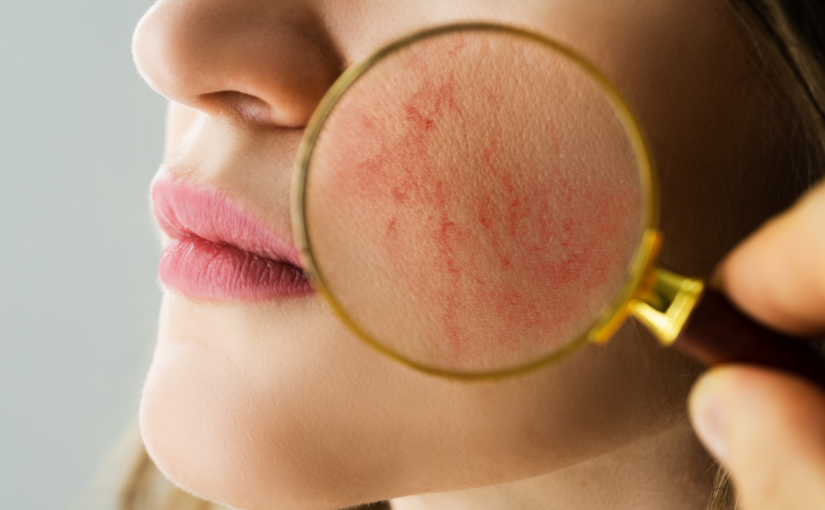
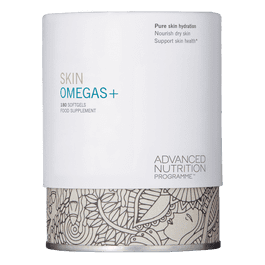 Skin Omegas
Skin Omegas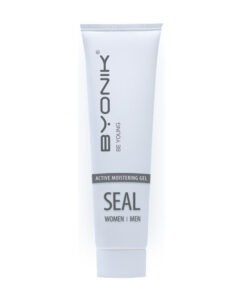 Byonik Supreme Seal
Byonik Supreme Seal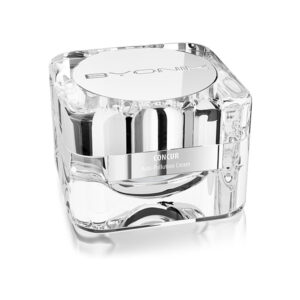 Byonik Concur Cream
Byonik Concur Cream